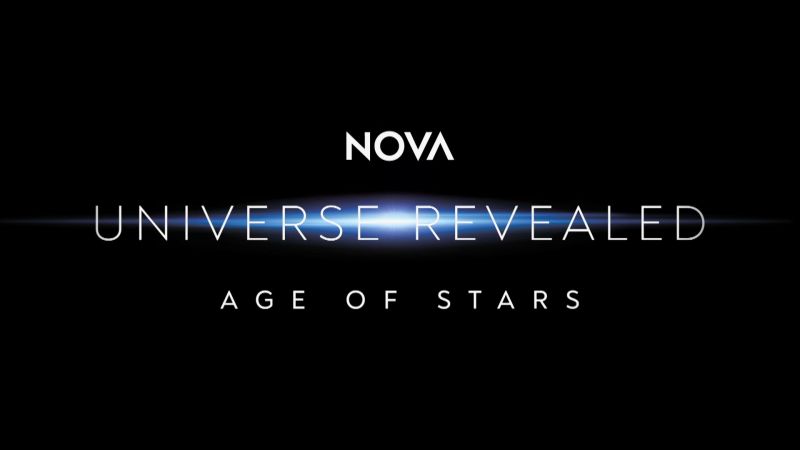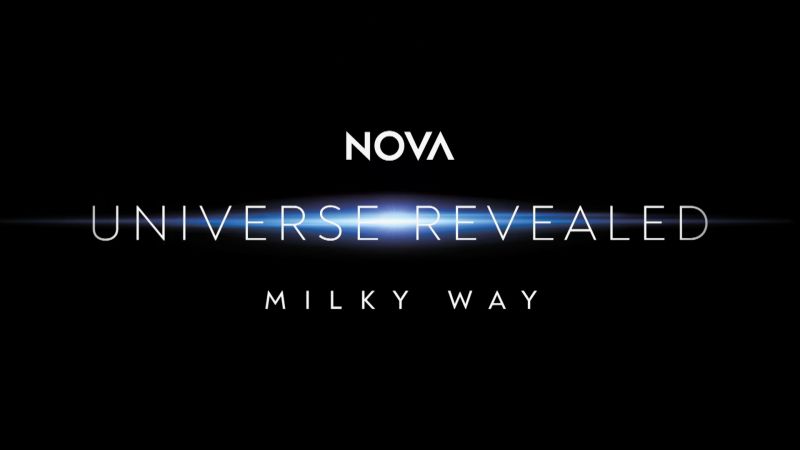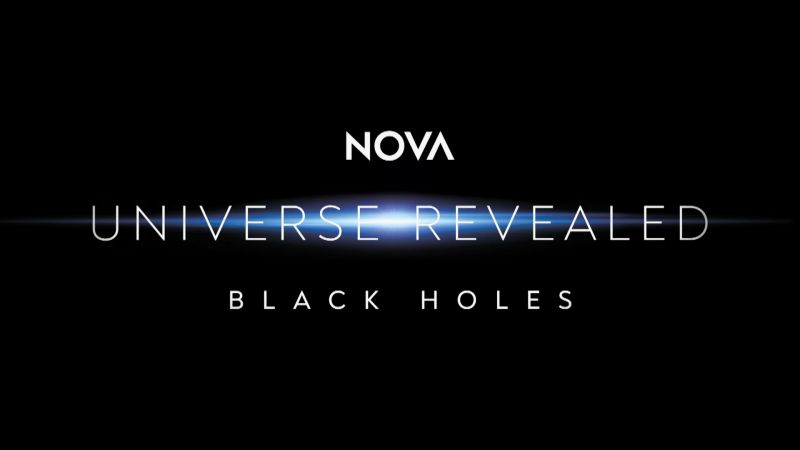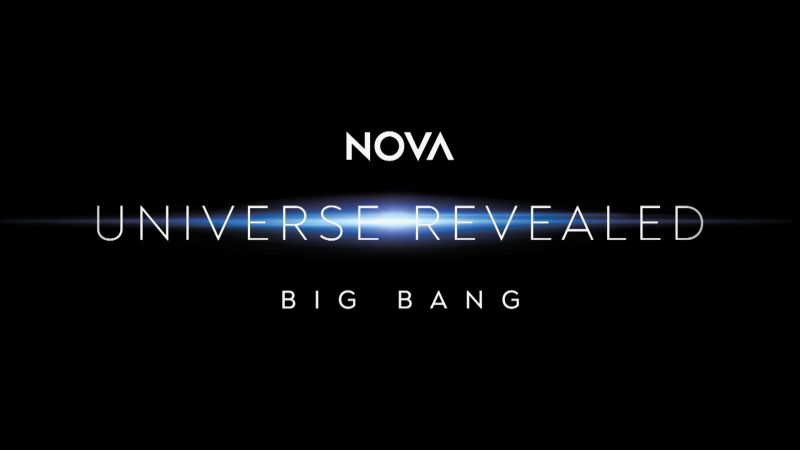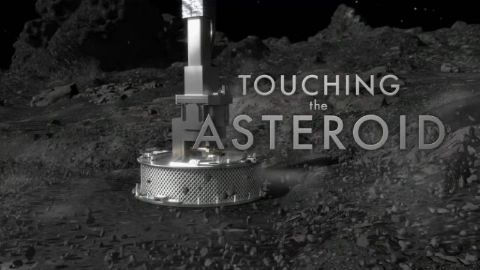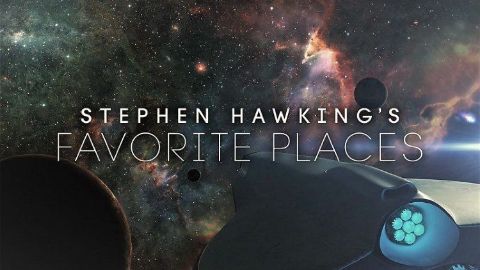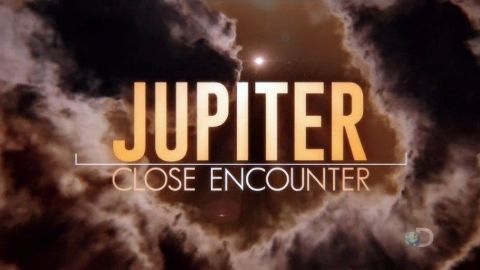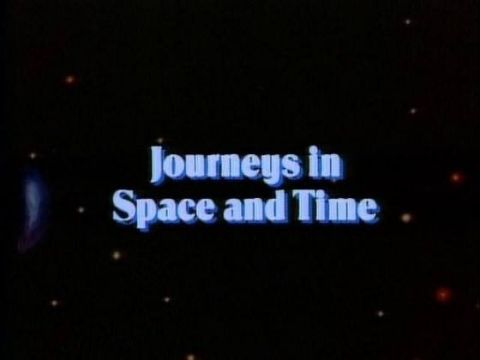Nova: Universe Revealed • 2021 • 5 episodes •
The sun is our life-giving source of light, heat, and energy, and new discoveries are unraveling its epic history. Join NOVA on a spectacular voyage to discover its place in a grand cycle of birth, death and renewal that makes this the age of stars.
2021 • Astronomy
Ultra-sensitive telescopes have transformed alien planet-hunting from science fiction into enthralling hard fact. Join NOVA on a visit to exotic worlds orbiting distant suns to answer an age-old question with thrilling new science: are we alone?
2021 • Astronomy
Take a seat on the ultimate thrill ride to explore nature’s strangest and most powerful objects. Discover new science showing how black holes reshape entire galaxies, warp the fabric of space and time, and might even be portals to another universe.
2021 • Astronomy
